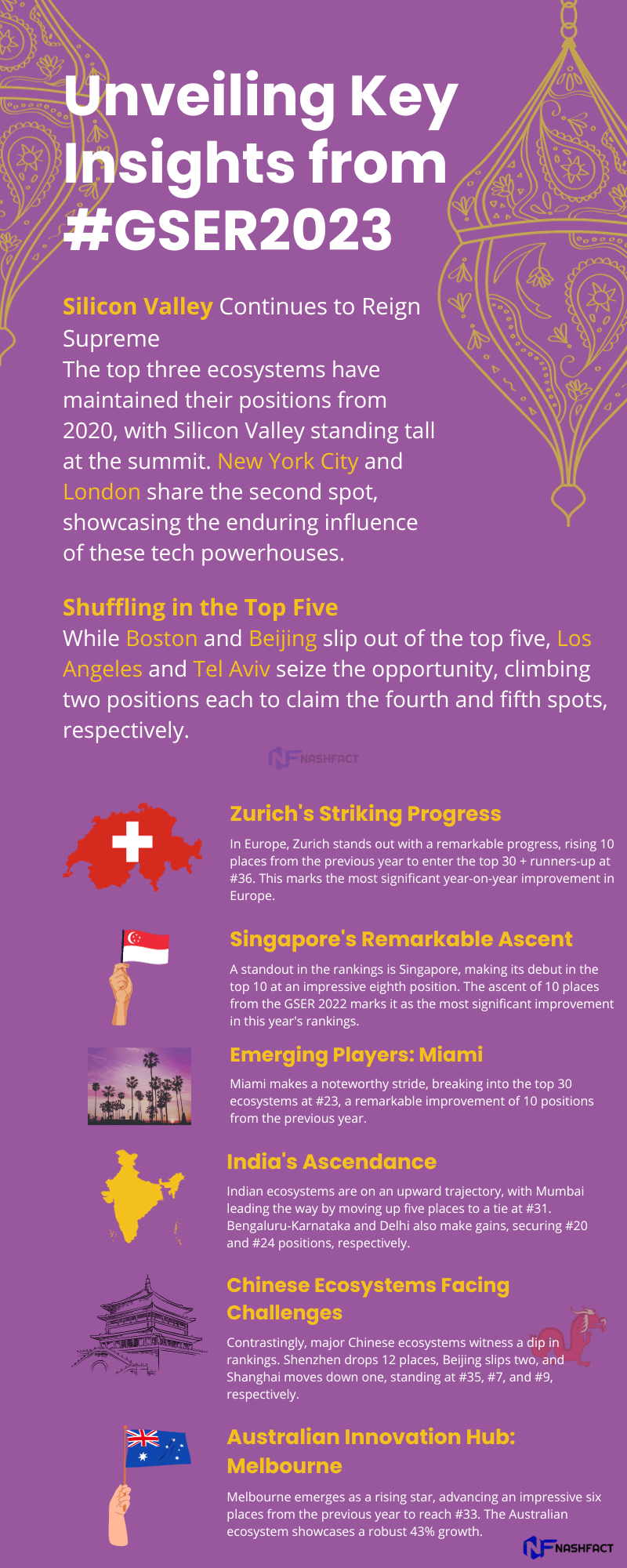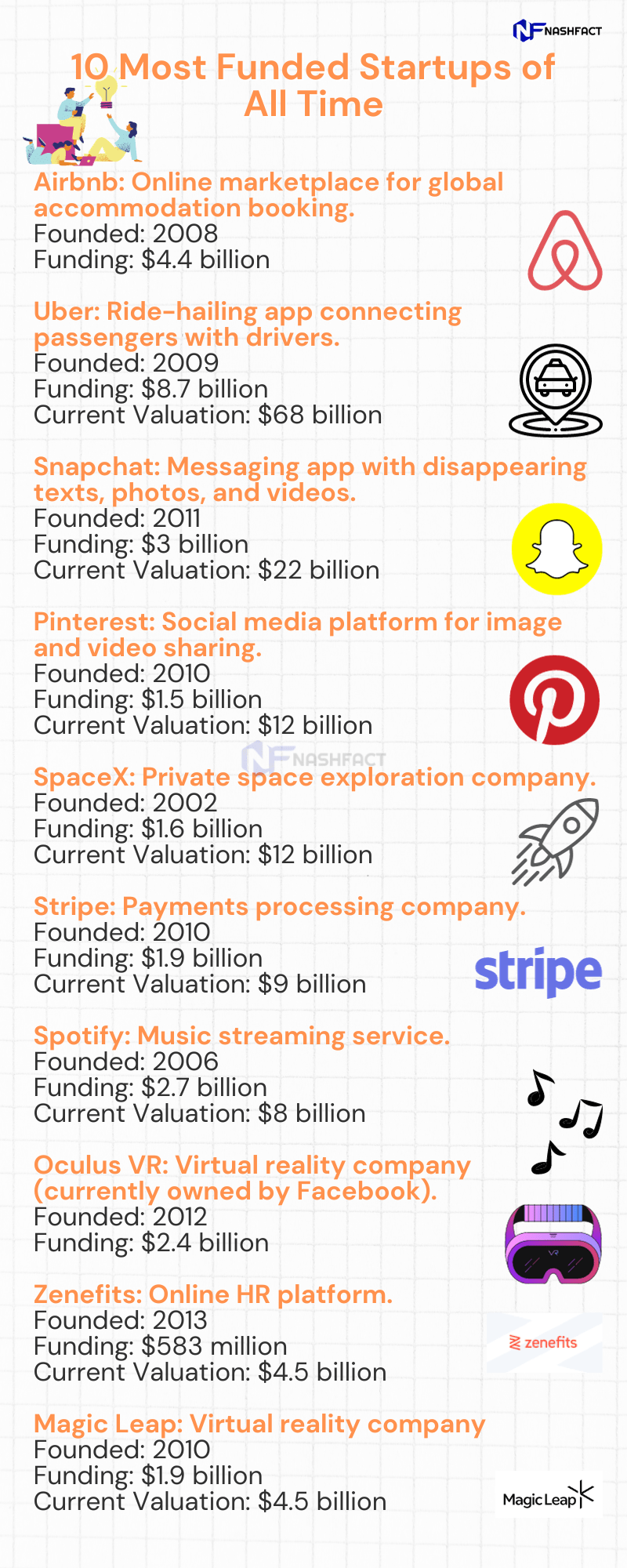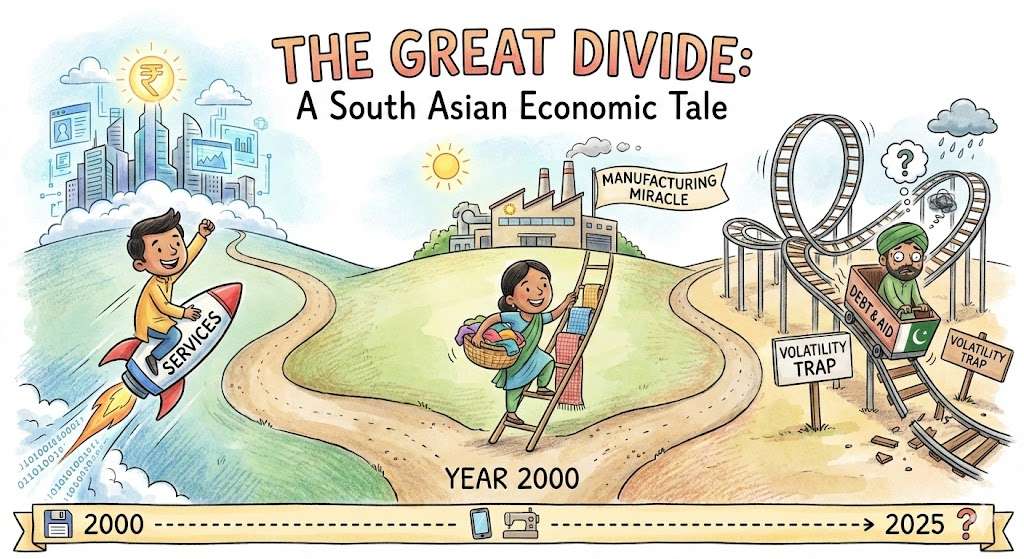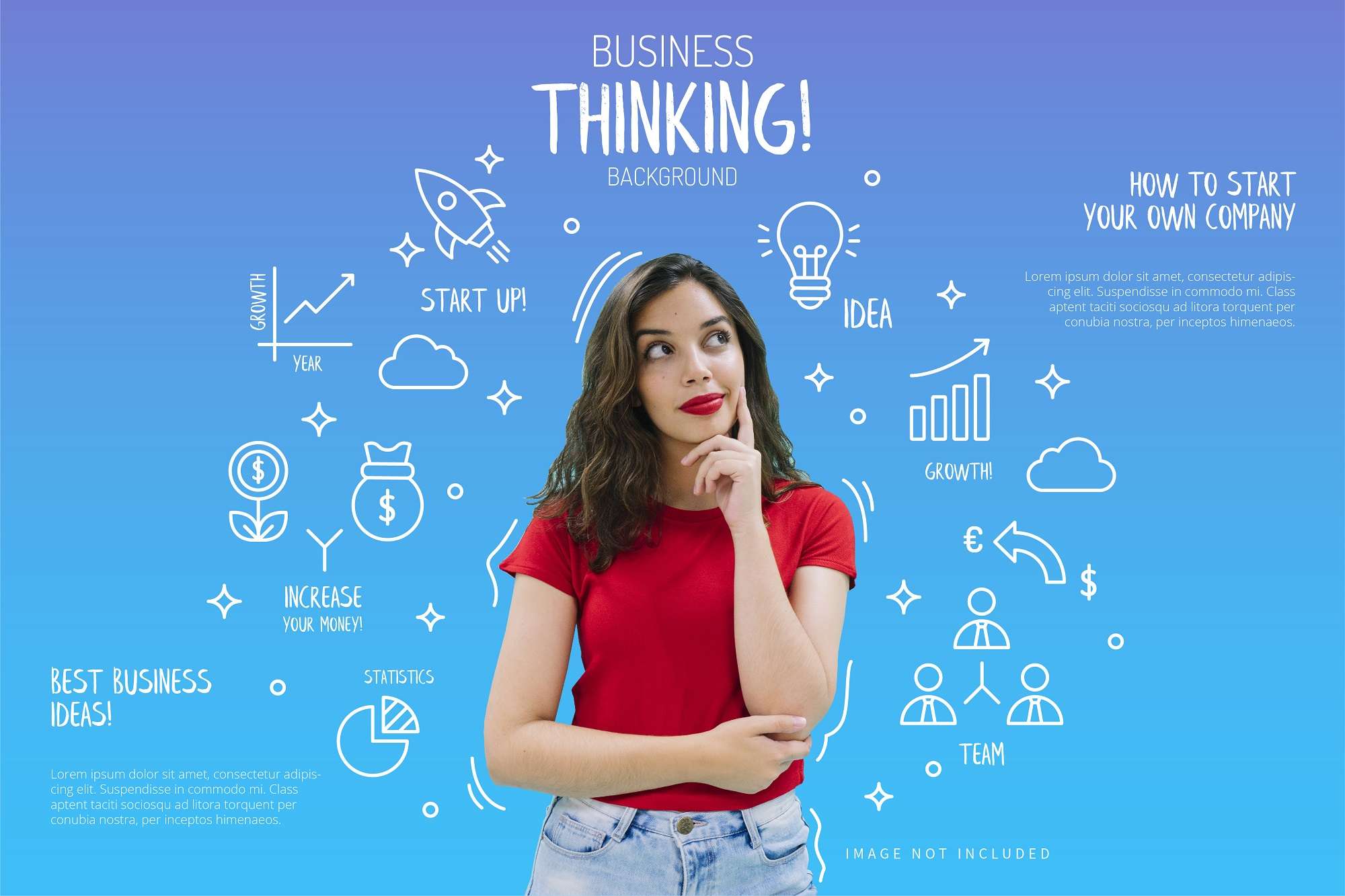- 11 October 2023
- No Comment
- 1117
Global Startup Ecosystems: A World Beyond Silicon Valley

In the bustling realm of global entrepreneurship, where the startup market is gearing up to touch $3.6 trillion by 2025, 2023 has seen a surge of innovators and investors diving into the international startup scene. Guiding us through this thrilling expedition is Nabeel, a seasoned chartered accountant with a remarkable 17-year journey spanning investment banking, management consulting, and entrepreneurship.
Imagine a world beyond Silicon Valley, where innovation knows no bounds. It’s a world of emerging trends, top-notch startups, and a journey fueled by creativity and financial triumph. Join us on this exciting adventure as we explore key insights from Global Startup Ecosystem Report 2023 and startup ecosystems globally from the vibrant streets of London and Berlin to the dynamic landscapes of Shanghai, Singapore, Mumbai, and beyond.
Every journey comes with its own set of challenges and chances for growth. We’ll explore the different aspects, such as understanding cultural and regulatory landscapes, seeking funding beyond Silicon Valley’s pitches, the worldwide pursuit of top-notch coding talent, and the vital influence of government support in shaping these ecosystems.
Unveiling Key Insights from #GSER2023
GSER, or the Global Startup Ecosystem Report, is like a spotlight on the world of startups, showcasing who’s leading the pack and what makes each startup hub unique. Think of it as the Olympics for startups, where factors like local culture, regulations, funding, and talent all play a role.
How does GSER decide who’s on top? It’s a mix of hard data and the feel of each ecosystem. From Silicon Valley’s dominance to the rise of new players like Singapore, GSER captures the essence of global startup scenes. So, when you explore GSER 2023, you’re not just seeing numbers—you’re diving into the stories of startup hubs worldwide.
Now, let’s take a quick tour through the highlights of GSER 2023, the top ecosystems, emerging stars, and the factors shaping the exciting world of startups.
In the United States, the venture capital landscape remains a powerhouse, with giants like OpenAI securing a colossal $10 billion. The United States boasts the largest share of startups, hosting more than half of the global startup landscape. The entrepreneurial spirit, fueled by a rich ecosystem, continues to draw global attention. However, the narrative is evolving, with startups exploring emerging hubs beyond Silicon Valley.
In the GCC, the Ministry of Economy’s report spotlights unprecedented growth in venture capital, particularly in the UAE. Angel investors, such as OQAL in Saudi Arabia and Bahrain, play a crucial role in connecting startups with seasoned backers, reflecting a dynamic financial landscape.
Top 10 Startup Ecosystems (Based on GSER 2023 Rankings)
A world map woven with the vibrant threads of diverse startup ecosystems, each adding a unique piece to the dynamic mosaic of the global startup landscape. It’s not just about Silicon Valley; it’s a rich tapestry of innovation from every corner of the globe. Here is a ranking of the world’s top startup ecosystems;
- Silicon Valley
- New York City
- London
- Los Angeles
- Tel Aviv
- Boston
- Beijing
- Singapore
- Shanghai
- Berlin.
Why Silicon Valley Stands Supreme
In the vast landscape of global startup ecosystems, one name echoes louder than the rest—Silicon Valley. But what makes this tech haven continue to reign supreme, even as emerging markets make strides? Let’s peel back the layers.
Innovation Nexus
Silicon Valley isn’t just a place; it’s an innovation nexus. It’s the birthplace of tech legends—Google, Apple, and Facebook. The culture here thrives on pushing boundaries, constantly reinventing the wheel. This relentless pursuit of innovation keeps it ahead of the curve.
Ecosystem Synergy
It’s not just about individual companies; it’s the ecosystem. Here, startups, venture capitalists, and tech giants coexist in a symbiotic dance. The proximity of like-minded innovators fosters collaboration, creating an ecosystem that’s more than the sum of its parts.
Risk-Taking DNA
Silicon Valley wears risk like a badge of honor. Failure isn’t feared; it’s embraced as a stepping stone to success. This risk-taking DNA sets it apart. The appetite for bold ideas, coupled with a forgiving attitude towards failure, fuels a constant cycle of experimentation.
Talent Magnet
Top talent gravitates towards Silicon Valley-like planets orbiting the sun. It’s a melting pot of the brightest minds globally. The confluence of diverse skills and perspectives creates a talent pool that’s unparalleled, giving companies here a competitive edge.
Investment Magnetism
Money follows success, and Silicon Valley has a gravitational pull. Venture capitalists and angel investors flock here, creating an abundance of funding opportunities. This financial magnetism ensures that promising startups have the resources to flourish.
Silicon Valley’s dominance isn’t just about geography; it’s a mindset. It’s the alchemy of innovation, collaboration, risk, talent, and investment that keeps this tech mecca unrivaled in the startup universe.
Singapore’s Soaring Success: Decoding the Winning Formula
Singapore emerges as a shining star. What factors contribute to its remarkable ascent, making it a magnet for international startups and businesses? Let’s uncover the elements behind Singapore’s success.
Pro-Business Environment
Singapore’s pro-business environment is the cornerstone of its allure. A welcoming landscape for startups, coupled with favorable policies, creates a nurturing space for innovation to thrive. This environment fosters a culture where entrepreneurial endeavors are not just supported but encouraged.
Booming Digital Economy
At the heart of Singapore’s success is its booming digital economy. Home to approximately 4,000 tech startups and over 220 incubators and accelerators, the ecosystem pulses with digital innovation. This robust foundation positions Singapore as a dynamic hub for tech-driven enterprises.
Financial Hub and Fintech Innovation
As an Asia-Pacific financial hub, Singapore is at the forefront of Fintech innovation. The numbers speak for themselves—over 400 venture capital managers and an estimated 700 family offices call Singapore home. The financial ecosystem here not only facilitates growth but propels the Fintech sector to new heights.
Government’s Strategic Initiatives
Singapore’s government plays a pivotal role in its success story. Since 2019, the government has been strategically advancing its National AI strategy, leveraging artificial intelligence to transform services. Investments exceeding $1 billion in Deep Tech in 2022 underscore the commitment to cutting-edge technologies.
International Collaborations for Growth
Singapore doesn’t just thrive domestically; it actively builds international partnerships. Initiatives like the France-Singapore Digital and Green Partnership contribute to a global network in the rapidly growing digital and green economies. These collaborations position Singapore as a forward-thinking player on the world stage.
Tech Giants and Innovation Centers
The presence of tech giants like Meta and collaborative spaces like the Joint Innovation Centre by AWS and IMDA further solidify Singapore’s status. The Meta Immersive Learning Academy and joint-funding partnerships showcased at conferences highlight the commitment to continuous innovation.
Singapore’s Ecosystem in Numbers
- Ecosystem Value: $128 billion (H2 2020 – 2022)
- Number of Unicorns: 18 (H2 2020 – 2022)
- Total Early-Stage Funding: $5.7 billion (H2 2020 – 2022)
These numbers not only reflect past success but also hint at the exciting potential that lies ahead for Singapore’s flourishing startup ecosystem.
China’s Startup Ecosystem Faces a Ranking Setback
The rankings tell a tale of triumphs and challenges. A noteworthy shift captures our attention—major Chinese ecosystems experiencing a dip in rankings. Shenzhen, Beijing, and Shanghai, once soaring high, have seen a decline, standing at #35, #7, and #9, respectively.
What’s causing this decline in the powerhouse of innovation? 
A significant player in this narrative is the lingering impact of COVID-19 restrictions. Economists estimate that China’s economy grew by just 3% in 2022, a stark contrast to its robust pre-pandemic growth. The pandemic’s aftermath has left its mark on various sectors, and the startup ecosystem is not immune.
The delicate dance between economic health and startup vibrancy becomes evident. Challenges such as funding uncertainties, shifting investor sentiments, and altered consumer behaviors in the aftermath of the pandemic contribute to this reshuffling.
Finding the Path Forward
While setbacks are part of any ecosystem’s journey, it’s essential to view them as opportunities for renewal.
China’s commitment to fostering small and medium enterprises (SMEs) echoes through the government’s 14th Five Year Plan (2021-2025). The blueprint outlines plans for increased investment in technology innovation, local talent development, attraction of foreign experts, and bolstering intellectual property protection laws. Notably, the construction of Huairou Science City in Beijing’s northeastern suburbs is underway, poised to be a hub for advanced research.
Shenzhen’s Ambitious Ventures
Shenzhen, in a bid for technological advancement, unveiled an ambitious lineup of 266 construction projects from 2023. These include notable ventures like the Yanluo Intelligent Connected Vehicles Industrial Park, Phase I of the Pinghu Intelligent Manufacturing Park, and the Qianhai Shenzhen-Hong Kong Innovation Industrial Park.
Shanghai’s Future Industries Blueprint
In a forward-looking move, Shanghai released a blueprint in November 2022 targeting the development of five “future industries”: health, smart devices, energy, space, and new materials. The aim is to propel the output value of these industries to $71 billion by 2030. Additionally, Shanghai is steering focus on three priority sectors—low-carbon businesses, the metaverse, and smart devices—with a vision to expand their market value to over $224 billion by 2025.
In essence, these strategic initiatives reflect China’s dynamic efforts to cultivate innovation, foster economic growth, and position its cities as global innovation hubs.
Challenges for Top Ecosystems to Thrive
Financial Dynamics: Where Money Meets Innovation
Beyond Silicon Valley, the global startup scene is like a giant financial playground with different areas to explore. Picture this: Singapore has climbed into the top 10, not just as a recognition but as a clear sign that the world is putting money into a variety of startup scenes. Imagine it as a journey where success stories are written with different currencies. So, for anyone dreaming of starting a business, understanding these global financial dynamics is like having a map for a treasure hunt.
Cultural Metamorphosis: Cities Growing into Innovation Hubs
Startup cultures are like living things, always changing and evolving. GSER 2023 shows us how cities like Mumbai, Bengaluru-Karnataka, and Delhi are not just cities anymore—they’re becoming hotspots for culture that embraces risk and innovation. The report introduces us to new ways of working together and inspiring figures who are changing the story of these startup places. This cultural shift isn’t just something to watch; it’s an open invitation for entrepreneurs to be part of places where innovation is happening every day.
Talent Odyssey: Attracting the Best from Everywhere
In the global startup surge, talent is the secret sauce. It’s not only about having smart people locally; it’s about bringing in the brightest minds from all over the world. GSER talks about things like special programs that attract skilled people from other countries. Think of it like a powerful magnet pulling in top talent. Now, imagine these brilliant minds all coming together in startup hubs, bringing different skills and perspectives. It’s not a daydream; it’s the real deal. For anyone thinking of starting their own thing, understanding and embracing this talent journey is like building a team that reflects the diverse talents from around the world. These challenges are not roadblocks; they’re doors to exciting opportunities.
Lessons from Most Successful Startups of All Time
In 1998, Larry Page and Sergey Brin founded Google, introducing a groundbreaking approach to ranking web pages based on link relationships. This innovation catapulted Google to become the world’s leading search engine, solidifying its status as one of the most valuable companies globally.
Innovate or Stagnate: Embrace Change like Google
Innovation lies at the heart of Google’s success. Constantly challenge existing norms and seek groundbreaking solutions to keep your product or service ahead of the curve. In the digital era, stagnation is the enemy of progress.
Mark Zuckerberg founded Facebook in 2004 initially as a social networking site for Harvard students. Its rapid expansion, first to other colleges and then the general public, transformed it into the largest social networking site globally, boasting over 2 billion users.
Connectivity is Key: Learn from Facebook’s Social Triumph
Facebook’s success is rooted in its ability to connect people. Build a robust network around your product or service. Leverage the power of social connectivity to create a community, fostering engagement and loyalty.
Airbnb
Conceived in 2008 by Brian Chesky and Joe Gebbia, Airbnb emerged from the founders’ struggle to pay rent in San Francisco. Their creative solution involved renting air mattresses during a local conference. Today, Airbnb stands as the world’s premier accommodation booking site, featuring over 4 million listings in 191 countries.
Adaptability Wins: Airbnb’s Evolutionary Journey
Airbnb’s story teaches us the importance of adaptability. Be ready to pivot and evolve based on market needs. The ability to spot opportunities in challenges and adapt your business model accordingly is a key driver of success.
Uber
Travis Kalanick and Garrett Camp founded Uber in 2009, introducing a revolutionary smartphone app enabling users to request and pay for taxi rides. This innovative platform has propelled Uber to become the largest ride-hailing service globally, serving over 40 million active users.
User-Centric Design: Uber’s Customer-Centric Approach
Uber’s success is built on a user-friendly app and a customer-centric approach. Prioritize user experience in your product or service design. Understand your audience’s needs and tailor your offerings accordingly.
ByteDance
ByteDance, founded in 2012 by Zhang Yiming and Liang Rubo, has swiftly become a tech giant, valued at $140 billion. Operating globally with platforms like TikTok and Tech for Good, they transcend language and culture, boasting 1.9 billion monthly users in 150+ countries. In 2021, revenues hit $58 billion with a workforce of 130,000. ByteDance’s rise underscores the transformative impact of technology in the digital era.
Global Vision: ByteDance’s Borderless Perspective
ByteDance’s global success emphasizes the importance of having a broad vision. Think globally, even if you start locally. Understanding and catering to diverse markets can open up new avenues for growth.
Tech-Driven Solutions: ByteDance’s Tech Revolution
ByteDance’s tech prowess demonstrates the transformative impact of technology. Integrate innovative technologies into your business strategy. Embrace tech solutions that enhance efficiency, user experience, and overall value.
Lessons from All
All these success stories share a common thread of resilience. Expect challenges but view them as opportunities to learn and grow. The path to success is rarely smooth; perseverance in the face of adversity is a hallmark of triumphant startups.
Incorporating these principles into your entrepreneurial journey can provide a solid foundation for growth and success. Remember, these are not just strategies; they are guiding principles derived from the experiences of the most successful startups in history.
Nabeel’s Perspective
In my extensive journey navigating the intricate realms of investment banking, management consulting, and entrepreneurship, I’ve witnessed the ever-evolving narrative of startups. It’s not just a tale of success but an adventure marked by challenges that shape the very fabric of these innovative ventures.
As per Startup Genome’s report, a staggering 90% of startups face closure within the initial three years of their establishment. As an experienced entrepreneur, let’s wrap up this journey sharing some hurdles that paint the canvas of the startup landscape.
Managing Expectations in the Startup Sphere
Success today comes with a long list of demands. Others have temporary dreams, while some are firmly planted. I’ve learned from my years of navigating the business landscape that finding the appropriate balance is an art that calls for dedication and tireless pursuit of long-term sustainability.
Team Building in Startup Culture
Building a team, an essential pillar of organizational culture isn’t a mere hiring process; it’s a quest for synergy. It’s about finding individuals whose skills resonate and goals align, creating a harmonious melody within the startup symphony.
Partnership Challenges in the Startup Ecosystem
Partnerships, the unsung builders of success, call for a critical eye. In a time when teamwork is essential, companies must not just recruit partners but also those whose contributions go beyond simple transactional value and exhibit real synergy.
Balancing Acts in the Startup Ledger
Financial management is a balancing act between income and expenses, much like walking a tightrope. It involves managing resources, providing financial stability, and navigating unpredictable business currents.
Safeguarding Startup Digital Territories
In the digital realm, cybersecurity isn’t an added layer; it’s the fortress that safeguards a startup’s existence. With cyber threats lurking at every virtual turn, startups need not just defenses but impenetrable barriers to secure their digital presence.
Customer Trust in Startup
And then, there’s the crown jewel—the trust of customers. In my entrepreneurial journey, I’ve seen that customers aren’t just patrons; they are sovereigns. Gaining and retaining their trust isn’t just a challenge; it’s a sacred mission, one that defines the trajectory of a startup’s narrative.
The startup journey, in my opinion as an expert, is not a straight line; rather, it is an odyssey of turns, turns, and unexpected vistas. Challenges are not barriers; rather, they are beautiful views that give the entrepreneur’s journey more depth and character. Success, in my view, isn’t just about scaling mountains; it’s also about dancing through valleys and emerging with the knowledge and strength to start the next chapter in the exciting story of entrepreneurship.






